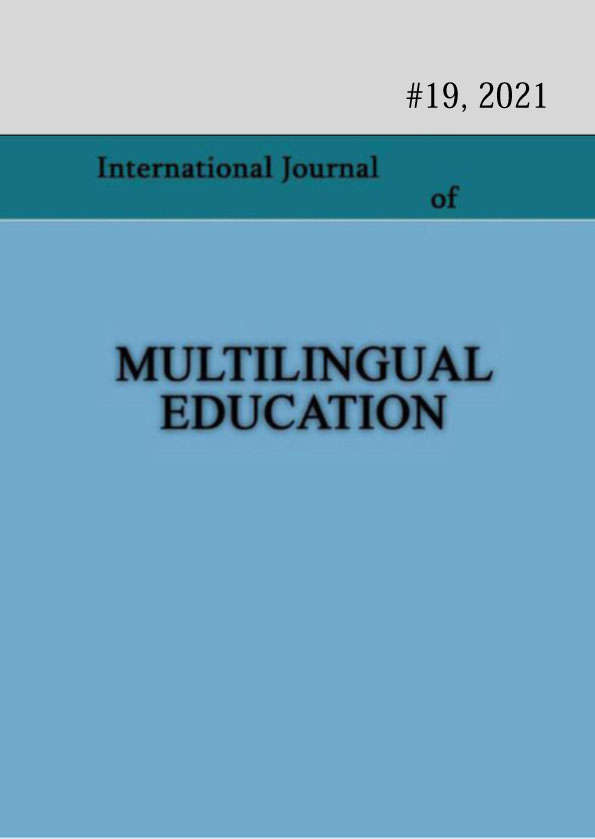Linguistic formulas - a priority of modern teaching "In the universe of grammar I"
Keywords:
grammar, teaching, foreign, language, material,Georgian language abroad, word building, postpositions, adverbAbstract
We have the variety of forms, ways, methods, strategies of teaching in the 21st century. It`s important to achieve the goal, to gain the result, to perceive the given materials. Everyone is free to choose any ways from the given approaches. Most of the textbooks are dedicated to English language. English is dominated worldwide and it`s not only foreign language but a second language as well in many countries. There are different visions and approaches in teaching a language as a foreign or as a second one. Textbooks are mades based on the four skills: reading, writing, speaking, listening. Demand of Georgian as a foreign language has increased. Many philologists have occupied themselves with teaching Georgian as a Foreign language. Plus, they have means of teaching, once there are many textbooks already created, especially for the beginner levels. Online teaching has also increased these demands. Every author forms his/her own style, approach and vision when creating a textbook. In my opinion, it`s important to first calculate the common methodical view from the beginning to the end and only then start working on the new textbook. This kind of approach helps instructor gain the results and consistent logical motion is encouraging hopeful for the student.
References
Kvatsadze, L. (1977). Tanamedrove kartuli enis sintaqsi. [Syntax of modern Georgian language].Tbilisi: Education Publishing House.
Shanidze, A. (1953). Kartuli gramatikis sapudzvlebi, morfologia, I. [Basics of Georgian grammar, Morphology, I].Tbilisi: Tbilisi University Publishing House.
Published
How to Cite
Issue
Section
License
Copyright (c) 2021 Nana Shavtvaladze

This work is licensed under a Creative Commons Attribution-NonCommercial 4.0 International License.
Copyright (c) - Authors who publish with this journal agree to the following terms: Authors retain copyright and grant the journal the right of first publication with the work simultaneously licensed under a Creative Commons Attribution-Noncommercial 4.0 International License, which allows others to share the work with an acknowledgement of the work's authorship and initial publication in this journal. Authors are permitted and encouraged to post their work online (e.g., in institutional repositories or on their personal website) prior to and during the submission process, as it can lead to productive exchanges, as well as earlier and greater citation of published work (see The Effect of Open Access). Authors may enter into separate, additional contractual arrangements for the non-exclusive distribution of the journal's published version of the work (e.g., post it to a repository or publish it in a book), with an acknowledgement of its initial publication in this journal.

